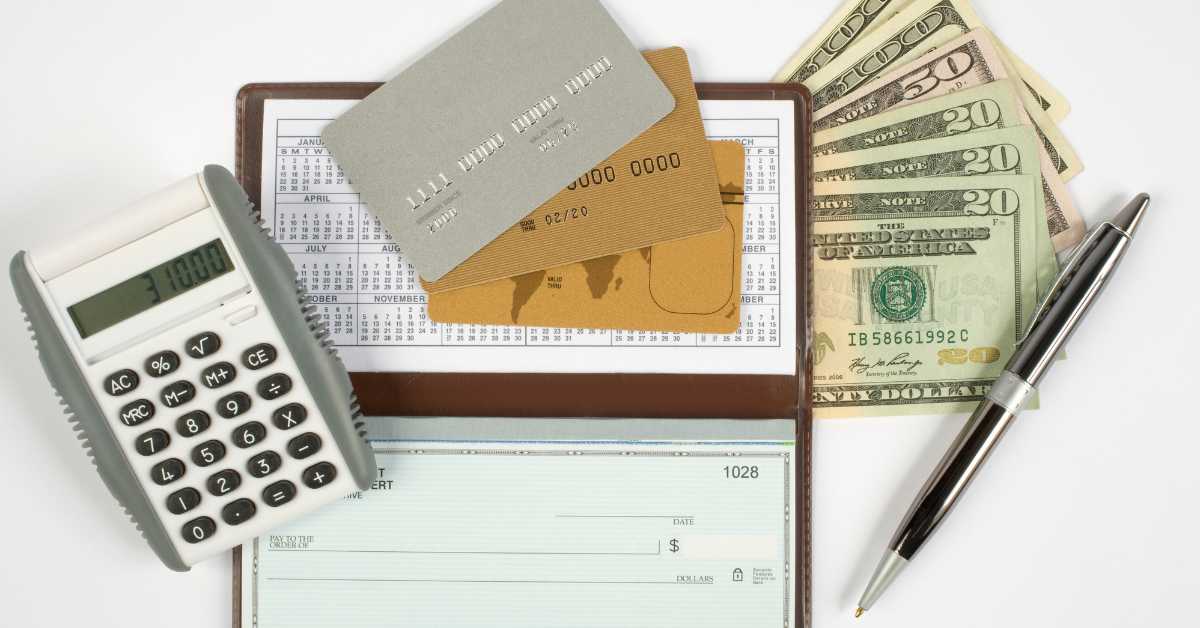Paying Your Bills While Applying for Disability Benefits

It could take several months or even years before the Social Security Administration decides whether you are owed benefits. This raises the obvious question: What do I do for money while I wait?
The answer to this question is complicated. There are multiple options for obtaining the money you need to pay your bills. You may even be able to do some amount of work. However, you need to be aware that working could hurt your chances of being approved for benefits.
Working While You Wait
The average wait time for approval for Social Security benefits is a year and a half. Many claimants may consider continuing to work or finding a new job while they wait. You can technically work while waiting for your application to be evaluated.
However, the Social Security Administration (SSA) presumes that a person is not disabled if he or she participates in substantial gainful activity, which is work that brings in over a certain dollar amount each month. The substantial gainful activity limit for non-blind disabled Social Security Disability Insurance (SSDI) or Supplemental Security Income (SSI) applicants is $1,220 as of 2019. The substantial gainful activity limit for blind applicants for SSDI is $2,040.
While working may be a viable option, it is not without its risks. If you are working, this will be considered in determining whether you are disabled. The individuals who evaluate your claim may believe that you are capable of maintaining employment and may use this fact to deny your claim. Before accepting any work, speak with a qualified SSDI lawyer for advice on the type of work you may be able to perform without jeopardizing your claim.
Applying for Government Support
If your income and assets are limited, you may qualify for other government support while you wait for your SSDI or SSI benefits. Some options may include:
TANF
Temporary Aid for Needy Families (TANF) is a federal program that the U.S. Department of Health and Human Services administers. It provides monetary assistance to low-income families with children for a limited duration.
SNAP
The Supplemental Nutritional Assistance Program (SNAP) or food stamps provides funds that can be used only for the purchase of food. If you meet the eligibility criteria for SSI, you may also meet the qualifications for SNAP.
Interim Assistance
Some states provide interim assistance benefits. These benefits are usually part of a public assistance or general assistance program and may be administered by the Department of Health and Social Services or the Department of Social Services. These monetary benefits are paid directly to the applicant or to service providers on the applicant’s behalf in their state. This program may require you to agree to repay the agency the amount of interim benefits you receive once your SSI application is approved.
These programs are administered on the state level, so the process to apply for these benefits may be different. However, the process typically requires that you file an application for SSI benefits before applying for interim assistance. You may then be required to sign an interim assistance agreement, stating that you agree to repay the amount of benefits you receive if you are approved for SSI benefits.
Short-Term Disability
Some states, including California offer short-term or temporary disability benefits.
You can check with your local Department of Social Services to see if you are eligible for any of these benefits or if there are any other programs that are available to you.
Other Options
You may have other viable options to help you pay for your current expenses or to reduce them while your application is pending. Some options may include:
- Friends and family – You may be able to borrow money from friends and family or receive help with some of your expenses. You may be able to move in with someone else to help you minimize your expenses while your application is pending.
- Charitable organizations – Some charitable organizations and churches may help applicants with financial assistance, payment of utilities, rental assistance, clothing, food, medical needs and other financial needs.
- Refinancing your home – You may be able to refinance your home to lower your monthly mortgage payment.
- Retirement funds – You may be able to borrow against or cash out your 401(k) or other retirement account.
- Unemployment benefits – If you were recently laid off, you might consider seeking unemployment benefits. However, this can be risky because by applying for unemployment benefits, you are stating that you are able and available to work. This can be contradictory to the claims that you make for your SSDI or SSI benefits.
Contact a Knowledgeable Lawyer for Help with Your Claim
If you are unsure about how you can financially support yourself while you wait for your SSDI or SSI claim to be approved, it is important to seek the advice of a knowledgeable Phoenix Social Security Disability attorney. He or she can review your particular circumstances and help you determine your options. There may also be ways to speed up your claim so that your wait for benefits is shortened.
Contact the legal advocates at the Dayes Law Firm for a free consultation and advice on your claim.
